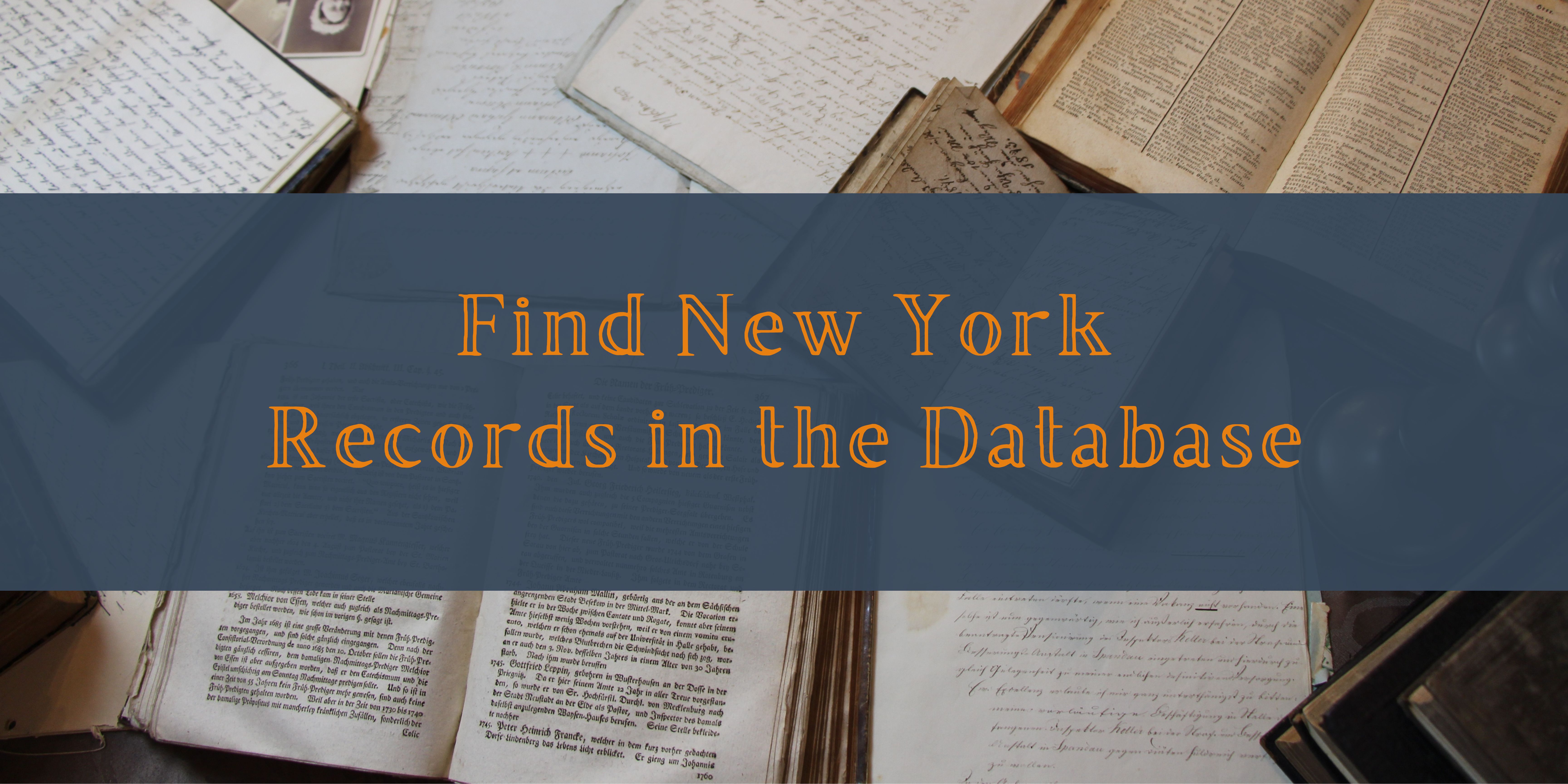The National Freedmen's Relief Association of New York
Also Known as the New York Branch, American Freedmen's Union Commission
Like several other freedmen’s aid societies, the National Freedmen’s Relief Association of New York (hereafter NFRA) began in response to the Union occupation of Port Royal, South Carolina in late 1861. Originally founded by members of the American Missionary Association, the NFRA would retain a strong religious agenda during the first three years of its operations. While all of the northern freedmen’s aid societies were to some extent paternalistic and racist in their view of African Americans, the NFRA was particularly open in their intention to keep blacks in an inferior position. The NFRA’s general program “subordinated general, common school education to specific emphases on religious training, a racial division of labor, white control over agricultural production, and training in wage labor and rules of private property.[1] After the Civil War, the NFRA transformed into a secular organization. In August 1865, the NFRA became a component part of the American Freedmen’s Aid Commission, which reorganized in early 1866 as the American Freedmen’s Union Commission.[2] It was thereafter often referred to as the “New York Branch” of that Commission.
The National Freedmen’s Relief Association of New York was criticized by other aid societies for using its name to represent itself as a national organization rather than a regional one. The NFRA raised money around the country, invoking the ire of the New England Freedmen’s Aid Society and other organizations in whose territory it competed for donations.[3]
By James Schruefer
[1] Ronald E. Butchart, Northern Schools, Southern Blacks, and Reconstruction: Freedmen’s Education, 1862-1875 (Westport, Conn.: Greenwood Press, 1980), 79.
[2] Butchart, 84.
[3] Butchart, 80-81.

